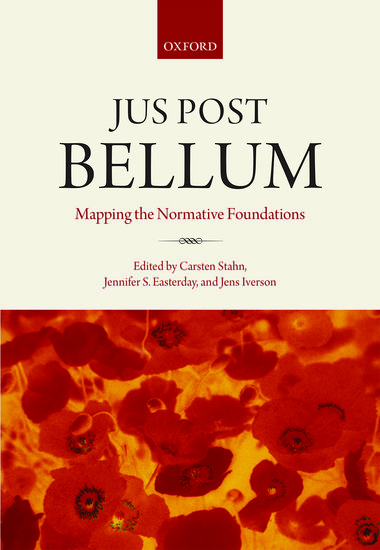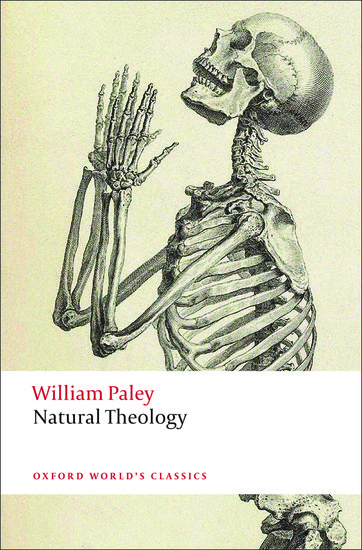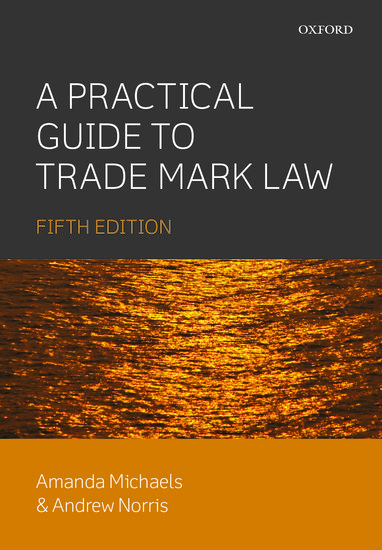The Compleat Earth Day
First published by Izaak Walton in 1653, The Compleat Angler remains one of the most original and influential books about the environment ever written in the English language. Walton’s narrative depicts a group of urbanites whose appreciation of the natural world deepens as they go fishing in the countryside north of London. In honor of Earth Day, here are some interesting facts about The Compleat Angler as an environmental text.







